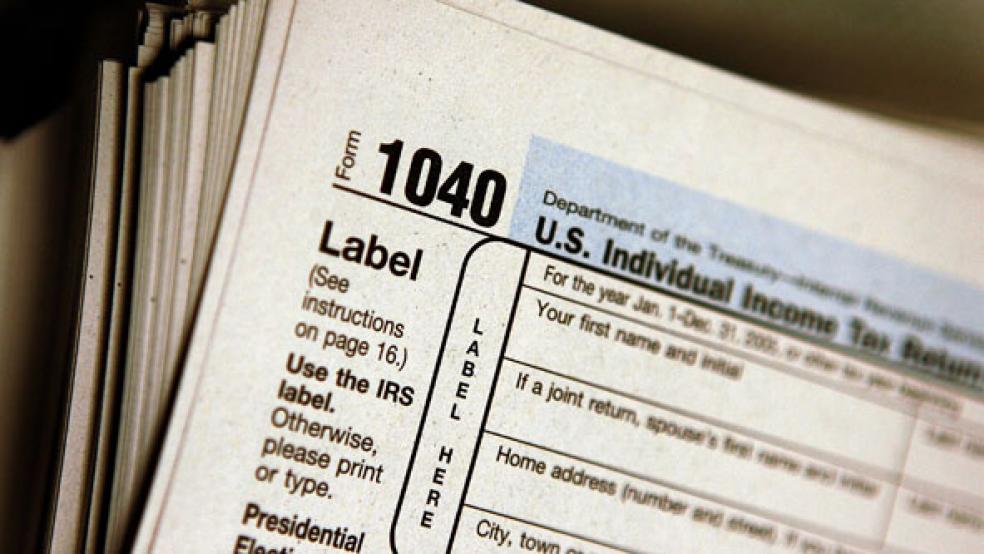The biggest tax overhaul in 31 years – though not, as President Trump likes to say, the biggest tax cut ever – is expected to be signed into law on Wednesday. Here are some interesting numbers related to the bill:
1. $1.456 trillion: The net loss in revenues over 10 years as a result of the bill, according to the Joint Committee on taxation, using a static model. Other analyses show different results, ranging from $448 billion to more than $2 trillion, but no analysis shows the legislation paying for itself.
2. 503 pages: The length of the tax bill. Combined with the related conference committee report, the document runs 1,097 pages.
3. 47 days: The House passed the final bill less than seven weeks after it was first introduced on November 2.
4. 80%: The proportion of taxpayers getting a tax cut in 2018, according to the Tax Policy Center.
5. 23%: The proportion of the $61 billion in overall tax cuts for individuals that will go to middle class households (those earning $20,000 to $100,000) in 2019, based on JCT’s analysis.
6. 53%: The proportion of taxpayers facing higher taxes in 2027, according to the Tax Policy Center. This includes all average households making up to $75,000.
7. $0: The new penalty for lacking health insurance, starting on January 1, 2019.
8. $75: 10 million children under 17 in the lowest-income working families will get an increase of no more than $75 under the enhanced child tax credit included in the bill to win the support of Sens. Marco Rubio and Mike Lee, according to an analysis by the liberal Center on Budget and Policy Priorities.
9. 0: The number of Republican senators expected to vote against the bill — and the number of Democratic senators expected to vote for it.
10. 26%: The proportion of Americans who approve of the tax bill, according to a Monmouth University poll out this week. Nearly 47 percent disapprove. While different polls show different results, they have consistently found that there is little public support for the legislation.




